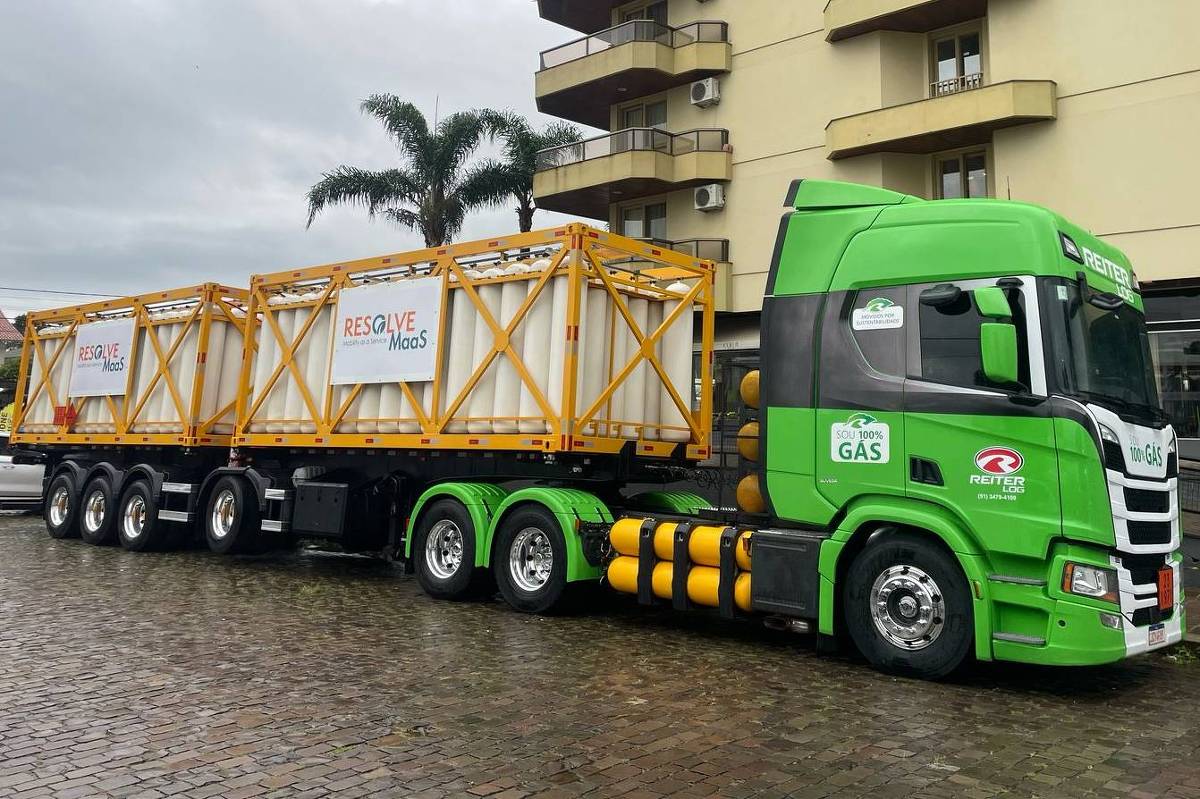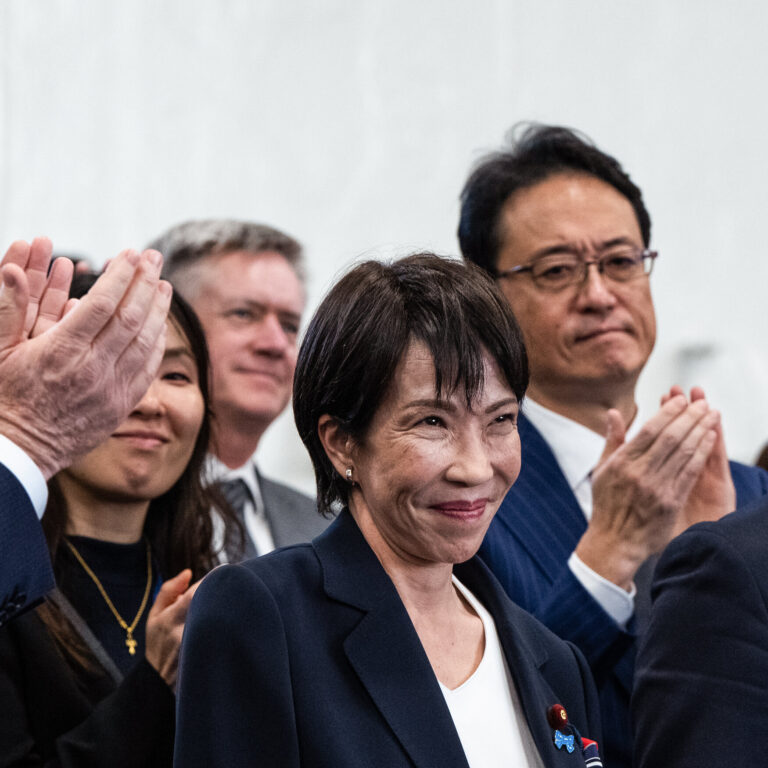
Brazil, through its Ministry of Transport, on Tuesday (11th) joined a coalition of 42 countries aiming to electrify all medium and heavy vehicles by 2040, contrary to the Brazilian government’s own claims that it champions the use of biofuels to decarbonize the transport sector. The announcement was made during COP30 in Belém.
During a climate summit last week, President Luiz Inacio Lula da Silva (PT) called on countries to join Brazil in its commitment to the world to quadruple the production of sustainable fuels, including biofuels, by 2035. This agenda is strategic for Brazilian agribusiness, which sees opportunities to expand exports of ethanol, biodiesel and biomethane.
A memorandum of understanding signed by Brazil on Tuesday states that by 2040, all medium- and heavy-duty vehicles sold in the country, including buses and trucks, must be completely emissions-free. The goal is to achieve 30% of sales by 2030.
However, the initiative’s carbon footprint calculations only take into account the gases emitted during vehicle use and favor only electrification and green hydrogen, with the latter industry still in its infancy.
Biofuels are considered clean when analyzed throughout their life cycle, including the uptake of carbon from fuel feedstock plantations. Therefore, these are outside the scope of what is being considered by the Colombian government-led coalition Drive to Zero, in which the Brazilian government is a member.
Brazil’s membership goes against President Lula’s own demands and stands in contrast to Brazilian industry’s growing interest in biomethane as an alternative to diesel in the country’s truck fleet. For example, BNDES (National Bank for Economic and Social Development) is one of the country’s largest financial institutions for this industry.
In recent months, Brazil has seen a rapid increase in registrations of gas trucks that can run on biomethane. According to Anfavea (National Automobile Manufacturers Association), the number of cars sold in the first half of this year was 356, more than double last year.
Companies already using biomethane in their vehicles include Natura and L’oreal. Additionally, some Brazilian truck manufacturers, such as Scania and Iveco, are also choosing to produce vehicles that can run on biomethane. Although the technology is still in its infancy, the industry sees promise as the fuel can be produced from both organic agricultural waste and landfills.
Other biofuels in this industry are also being advocated by the government. At the end of October, Lula, Vice President Gerard Alcumin, and Mines and Energy Minister Alexandre Silveira took part in a ceremony to launch Bivan, a fuel made from animal fat and soybean oil that replaces diesel in trucks and buses.
Although the memorandum signed is not deliberative, it does outline the path that signatories want to take towards decarbonizing their transport sectors. While the document does not directly mention biofuels, Drive to Zero’s global director Stephanie Kodisch was clear about the initiative’s purpose.
“Zero emissions means there are zero emissions from the tailpipe, so basically nothing except the battery and hydrogen,” he said. sheetBrazilian Volkswagen executives also attended Brazil’s accession ceremony at COP30.
“The memorandum is agnostic about technology, but what is not discussed is that there is no pollution coming out of the exhaust gas. Zero emissions means zero emissions. So it’s not a certain percentage that gets you closer to zero, it’s zero,” he added in response to a question about biofuels.
The sheet It was learned that the decision to join the initiative was taken by the Ministry of Transport. Minister Renan Filho’s attendance at the ceremony was being considered until Monday (10th). Engineers within Itamaraty, which participates in the global debate on fuel use in the road sector, were unaware of the initiative.
The adhesion surprised even the biomethane sector itself. “We will talk to the Ministry, which has always recognized the importance of biomethane. I can’t imagine it doing anything different from what it has always championed,” said Renata Isfer, president of Abiogas (Brazilian Biogas and Biomethane Association).
The Secretary of State for Sustainability at the Ministry of Transport, who attended the ceremony, was asked about the apparent contradiction between Brazil’s compliance with the initiative and the general policy of the Lula government, and said that Brazil’s entry was to foster dialogue within the Drive to Zero.
“What the Ministry of Transport has done is to interact with all sectors, adhere to all strategies and harmonize these strategies with Brazil’s energy transition strategy,” he said. “In terms of the ambitions of the Memorandum, our contribution is consistent with all the policies already in development.”


